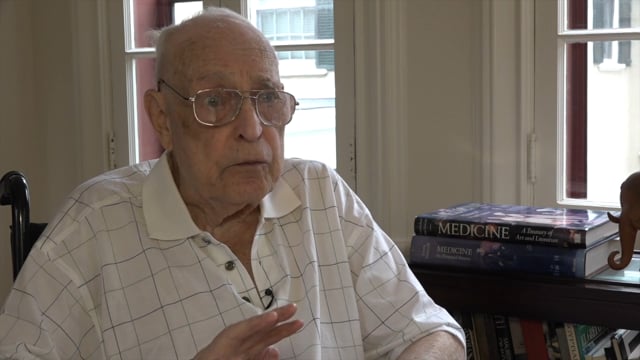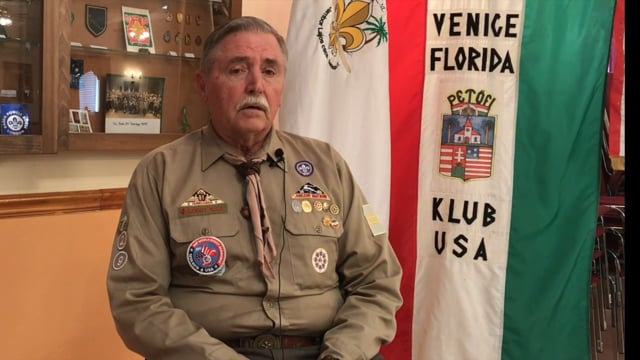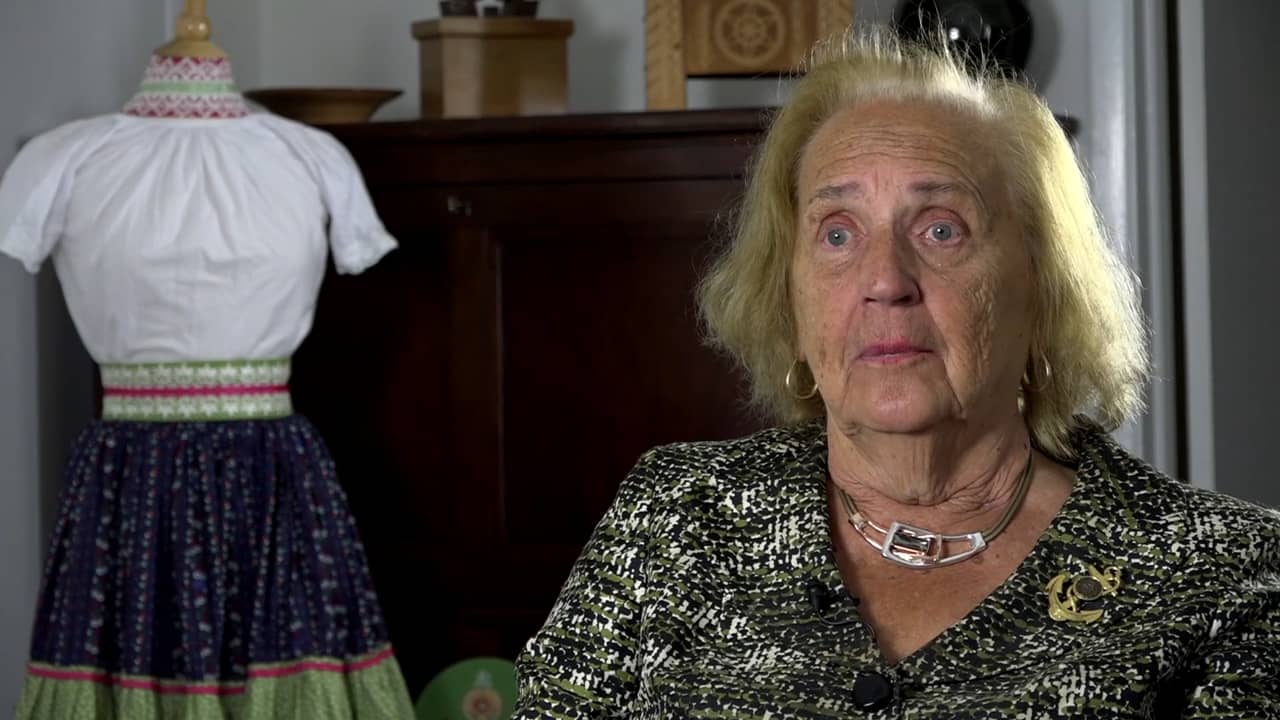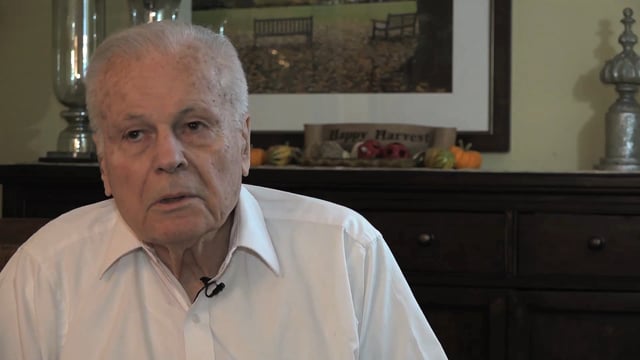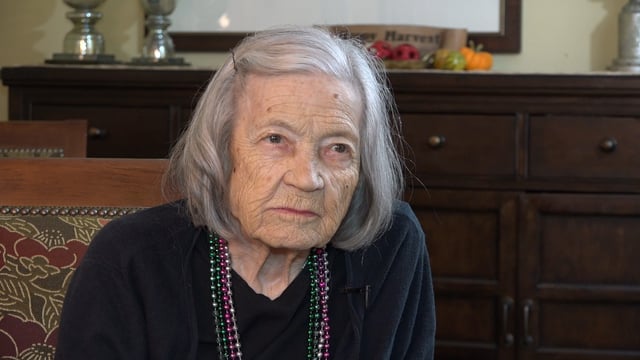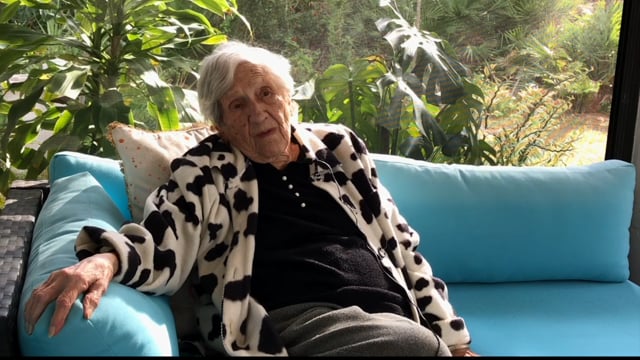János Boór
1956erALL MATERIAL: COPYRIGHT CALIFORNIA EUROPEAN CULTURAL INITIATIVE/MEMORY PROJECT
(This interview was conducted in cooperation with the Collegium Hungaricum Berlin (CHB) as part of Memory Project Germany.)
János Boór was born on August 3, 1932 in Budapest. His father was a career military officer who died when János was only 10 years-old. He was sent to a military academy in Kőszeg where he received rigorous training for three years. In 1944, when the Arrow-cross party moved its headquarters to the military school in Kőszeg, János was sent home to Székesfehérvár. He experienced the first month of the Russian invasion of Hungary and then escaped to Austria with his mother on a military convoy.
After WWII, János and his family returned to Székesfehérvár where he attended a Catholic high school and took part in the scouting movement. After the communists took over in 1948, his school went from parochial to public and scouting was banned -- although he still took part in the underground scouting movement. Just before graduating, he joined the Jesuit order as a novitiate, although it was already illegal at the time, having been banned by the communist government as one of the most dangerous enemies of the state. János moved to Budapest and lived with two other Jesuit novitiates and continued his Jesuit studies while being followed and harassed on a regular basis by the secret police. He also attended the Eötvös Loránd University, studying natural science.
When the Revolution broke out in October of 1956, János was 24 and deeply involved with his studies and becoming a Jesuit. He immediately sided with the students and took part in the Revolution, although without firing a weapon (he had a firearm, but didn't use it). In his compelling interview about this time, he talks about retrieving a military radio for use by the revolutionaries at the university, preparing notes for Cardinal Mindszenty about student demands, meeting the Cardinal after he was released from prison, taking part in the Catholic Revolutionary Council and securing secret documents used against the Catholic church, and continuing to write and disseminate flyers in Budapest even after the Soviets re-invaded on November 4th.
When it became clear that the Revolution had failed, Jesuit leadership ordered all noviciates to flee to the West to continue their studies and training. Along with roughly 30 other novitiates, he arrived in Austria and was eventually sent to Munich, Germany. In 1960 János decided to leave the order, but he still stayed close to the Jesuit Society and worked to promote its ideals. He was the leader of the Pax Humana movement in Germany as well as the founder and editor of Mérleg, a reform-Catholic journal founded in 1966 that was written in Germany but also disseminated in Hungary. He became the head of the Hungarian Catholic journalist association for a number of years and worked to establish ties with Catholics in Hungary.
János married a Hungarian woman (also a 1956 refugee or WWII?) and they had two children and now three grandchildren. They all speak Hungarian and are active in the Hungarian scouting movement. He lives in Munich and is a retired philosophy teacher, having taught at the Jesuit School of Philosophy for most of his life.
Sadly, János passed away in 2020.

